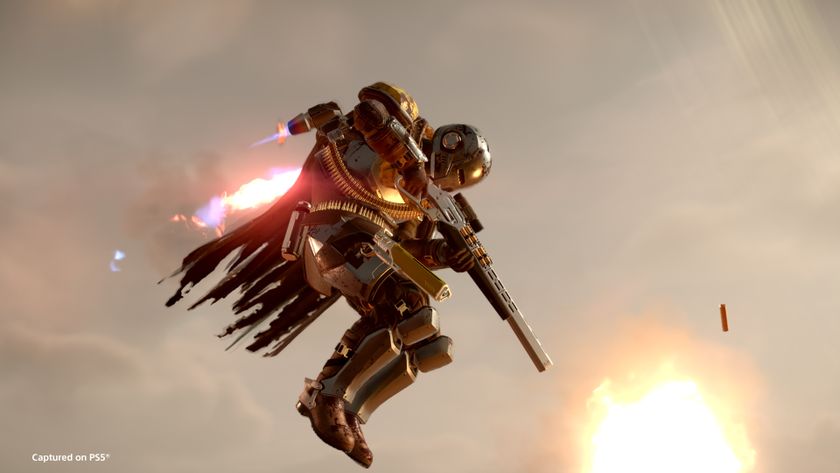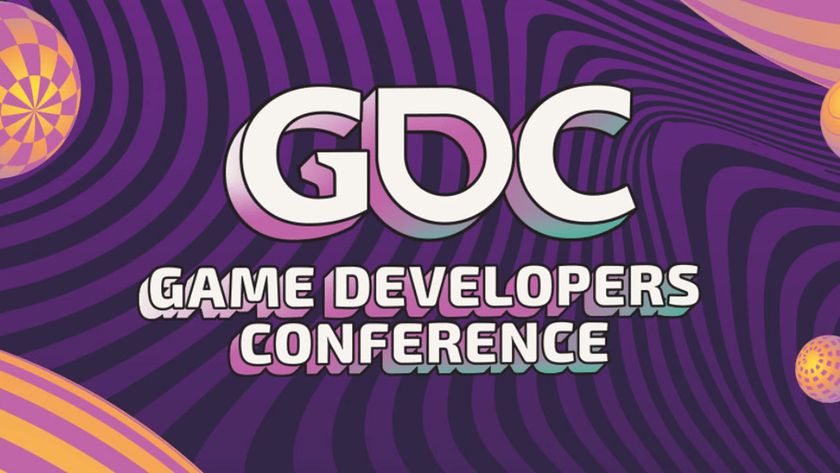The 7 worst ways to pad a game
Irritating strategies to draw games out, and why we hate them
This tactic has become pretty widely used, which boggles the mind, given that it's almost universally met with disgust by gamers. When a game gets going, its gameplay develops a certain rhythm and flow. The controls become familiar, and your tactics and play style revolve around these constants. Then, right out of left field, the developers make you play a mini-game that has nothing in common with the game at large, save for maybe some art and characters.
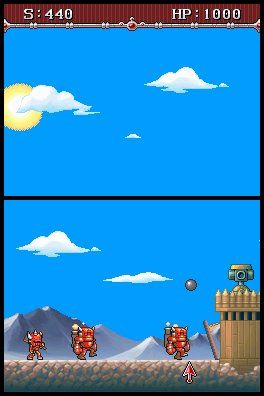
Above: This portion of the game didn’t need to exist
Case in point: Lock's Quest, one of the finer DS strategy games. This RTS/action hybrid was a joy to play, especially once you'd unlocked all the structures and were given the freedom to formulate your own defensive strategies. Then the game suddenly made you engage in a tedious turret minigame – in which you tapped the screen to lob cannonballs at slow-moving baddies – before you could progress. Umm, what? How was that necessary? We were wasting baddies just fine on the battlefield; why did we need the turret tower all of a sudden? The developers tried to cram 'variety' down our throats, and wasted our time by doing so. Just let us whale on robots with our wrench, already.
Worst offenders: Lock's Quest, Bayonetta
Notable exception: No More Heroes 2: Desperate struggle
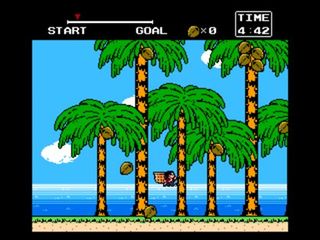
Above: A BIG step up from its predecessor’s side missions – gameplay-wise, not graphically
Replacing the tedious jobs from the first No More Heroes were a series of minigames that you actually wanted to play. Taking the guise of 8-bit, NES-era games, they added a groovy retro feel to the game, and were actually well executed – some of them could have stood as full games on their own, back in the day. And the reward for doing well was obscene wealth – all the better for buying new swords and leveling up your abilities. Truly an excellent example of what a minigame can be.
Sign up to the 12DOVE Newsletter
Weekly digests, tales from the communities you love, and more
7. Recycling boss fights
We saved the absolute worst for last. Fighting and defeating a difficult boss is an adrenaline rush for gamers, and it’s one of the reasons we all keep gaming. But as excellent as this high is, it’s nothing compared to the low of having to fight that same boss again later in the game. We’re calling this a tie between our least-favorite examples: Devil May Cry 4 and Viewtiful Joe.
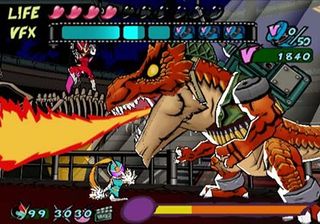
Above: This was considerably less epic the second time around
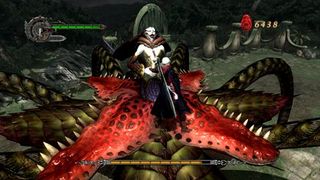
Above: So was this
Devil May Cry 4 recycled boss fights to a ridiculous extent, forcing players to fight several of its bosses three times. Boss battles got so tedious towards the end that you actually began to look forward to that atrocious board game, and that’s saying something. Meanwhile, Viewtiful Joe only reused its bosses once, but it used them all at once, right near the end – and their difficulty hadn’t been scaled down. By the time you’d burned through your lives and finally made it to the final boss, you could expect to have about three health hearts left. This made the game hours longer, and all of those hours were spent being killed and swearing profusely. Words have not yet been invented to express the amounts of rage these games caused.
Worst offenders: Devil May Cry 4, Viewtiful Joe
Notable exception: Suikoden II
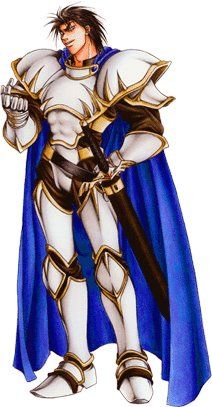
Above: Who would have guessed a guy with the name “Blight” could be so evil?
An oldie, but a goodie. You spent the better part of the game trying to defeat the criminally insane Prince Luca Blight and failing at it. Each time you battled him, however, it got more epic in scope, culminating with an exceedingly well-planned ambush in a forest, with several platoons full of recognizable characters attacking at the same time. And you’re the one planning the ambush. Never has getting your ass kicked so many times yielded so satisfying a result.
Feb 25, 2010


Talent borrows, genius steals

Pressing buttons on cue can be more than just a crutch – here's proof

As these failed reboots and misguided relaunches prove, some series should just be left in the ground
